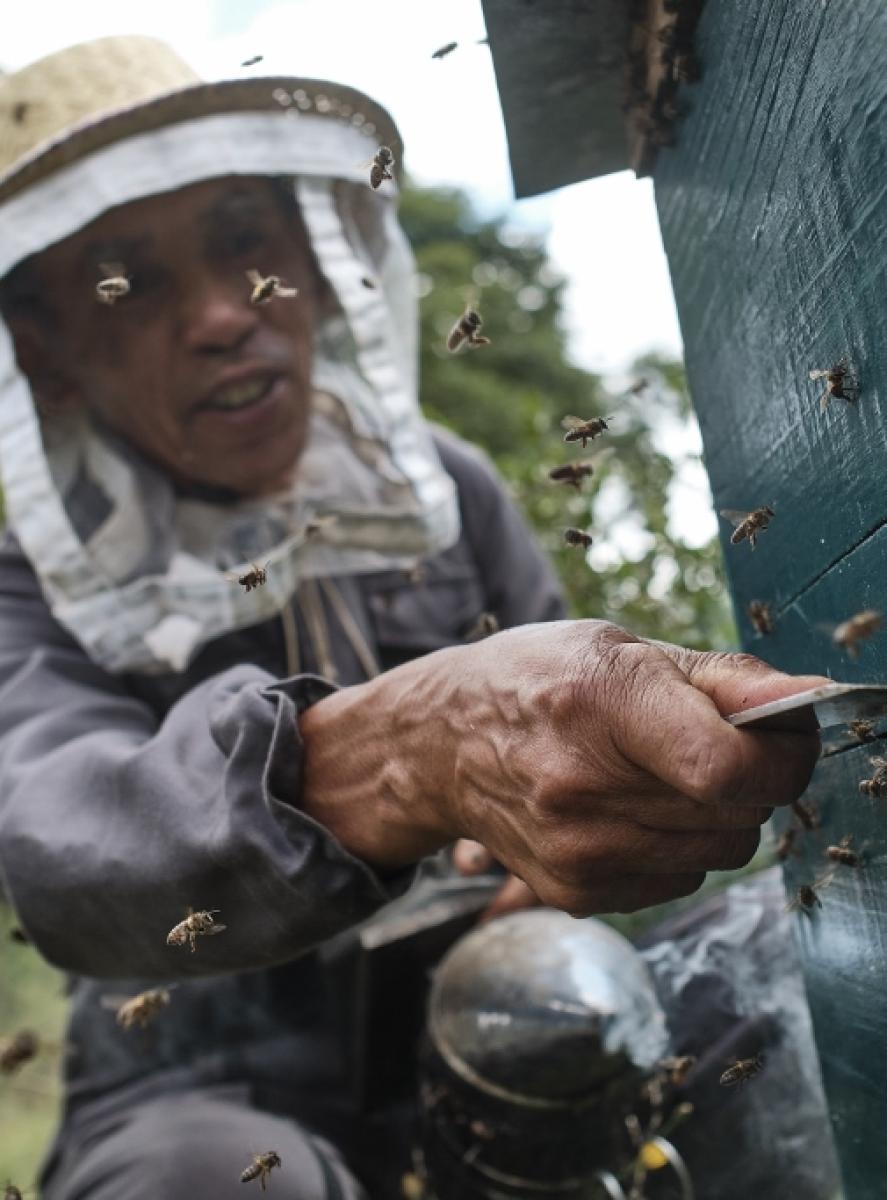
Business Partnership Facility - Enterprises for SDGs 2023B
The Business Partnership Facility (BPF) grants financial support to companies contributing to SDGs in developing countries.
What is it about?
The BPF is initiated and financed by the Belgian Directorate-General for Development Cooperation (DGD) to stimulate private sector involvement in achieving the SDGs in developing countries.
The BPF provides a non-refundable grant between 50,000 and 200,000 euros, that represents maximum 50% of the total investment.
Check the BPF website for more information and examples of supported projects.
The BPF supports viable, entrepreneurial business initiatives with a strong social impact.
Each applicant is preferably a partnership that brings together actors from the private sector, civil society, academia and/or the public sector. The partnership consists of a minimum of one business partner.
BPF-funded projects must demonstrate their social impact and economic viability:
Social/environmental impact, contributing to SDGs. For example:
- Creation and maintenance of decent jobs
- Improvement in average income for low income families
- Accessibility to affordable goods and service
- Inclusion and economic development of women and young people
- Positive impact on the environment through saving resources, reducing emissions and/or preserving biodiversity
- ...
Economic viability
Applicant must clearly demonstrate the submitted projects/initiatives are:
- able to become self-sustainable
- scalable
- replicable
This call is open to projects in different sectors, but the project must focus on at least one of these three themes:
- Climate, environment and biodiversity
This includes projects that facilitate the transition to sustainable and renewable energy for businesses, promote access to adequate, affordable and sustainable energy services for the population, promote sustainable agricultural techniques, encourage access to bio- and environmental certification, promote the reuse of goods and waste treatment, etc. Candidate projects may also respond to the environmental changes that are already affecting their environment by adapting their (production) processes to limit the impact of these changes.
- Gender and female entrepreneurship
Special attention will be given to projects and enterprises led by women, creating real employment opportunities for girls and women, promoting equal treatment and remuneration for women and men, strengthening the position of women in the family and in society, offering products that meet the specific needs of girls and women in the context in which they live, ...
- Decent work and social protection
In pursuit of these objectives, initiatives will be supported which strive to ensure a fair and viable income for workers and/or suppliers (farmers, etc.), promote fair trade, foster safety at work, stimulate the creation of social protection systems, etc.
The projects must take place in one of these countries:
Algeria, Benin, Burkina Faso, Burundi, Cameroon, Côte d’Ivoire, DR Congo, Egypt, Ethiopia, Ghana, Guinea, Kenya, Madagascar, Malawi, Mali, Morocco, Mozambique, Niger, Nigeria, Palestine, Rwanda, Senegal, South Africa, Tanzania, Tunisia, Uganda, Zambia.